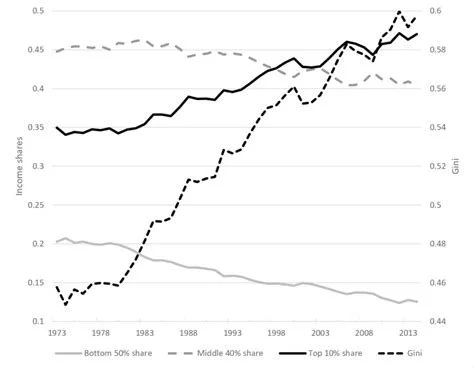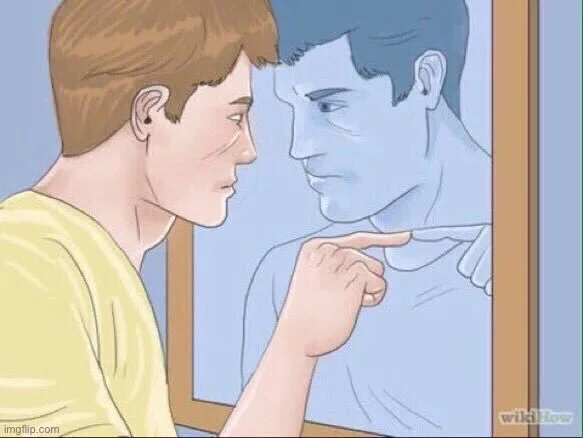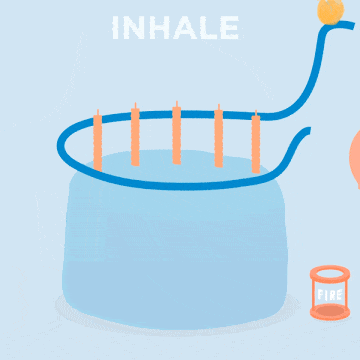Don't Crave Attention, Pay Attention
It never ceases to amaze me: We all love ourselves more than other people, but care more about their opinion than our own. — Marcus Aurelius
The English language is a fickle mistress, unrelenting in her many demands and exacting in her need for specificity.
One of my favorite things about this mercurial mistress is her incredible capacity for nuance. Swap just one word, move one measly comma, and the entire connotation, denotation, context of a phrase or sentence alters dramatically.
Take the title of this piece, for example.
Paying attention is very different from craving attention. The former is positive, the latter not so much.
When you crave attention, it hints at a sort of desperate vanity.
It is a compulsive need to ruffle one’s proverbial plumage in order to attract a mate, a business partner, a friend, et cetera. It not only distracts, it also degrades in that it treats the other as a means by which to stroke one’s own fragile ego.
When you pay attention, you don’t glance, you gaze.
You home in on the only thing that matters in the present: the perception of the six inches between your right and left ear regarding the six inches in front of your face. It is an uncompromising focus on that which is in front of you as opposed to the sentiment of those around you.
Put simply, there is authenticity and honesty in the proximity and focus that paying attention demands.
There is a glossing over and self-centeredness in craving attention, in generalizing and treating others as an end to one’s selfish means.
A recent TED talk from actor Joseph Gordon-Levitt delves more deeply into the benefits of paying attention:
To Gordon-Levitt, paying attention certainly beats craving attention.
Hall of Fame Basketball Coach John Wooden would concur. An anecdote from his time at UCLA comes to mind:
The first thing I would show our players at our first meeting was how to take a little extra time putting on their shoes and socks properly. The most important part of your equipment is your shoes and socks…It took just a few minutes, but I did show my players how I wanted them to do it. Hold up the sock, work it around the little toe area and the heel area so that there are no wrinkles. Smooth it out good. Then hold the sock up while you put the shoe on. And the shoe must be spread apart—not just pulled on the top laces. You tighten it up snugly by each eyelet. Then you tie it. And then you double-tie it so it won't come undone—because I don't want shoes coming untied during practice, or during the game. I don't want that to happen. I'm sure that once I started teaching that many years ago, it did cut down on blisters. It definitely helped. But that's just a little detail that coaches must take advantage of, because it's the little details that make the big things come about.
If neither brilliant actor, nor generational coach convinces you, how about professional poker player?
I am tearing through Maria Konnikova’s new book: The Biggest Bluff. In it, she chronicles her yearlong quest to master flop, turn, and river at the highest levels of competition.
A PhD turned journalist turned poker phenom, Konnikova sought to better understand the entropy of life. For her, poker represented an optimal proxy. Chock-full of incomplete information, a mixture of luck and skill, a medley of irrational counterparts, and a dash of simple math, poker teaches its students how to play within set parameters in superior fashion. One passage from the book resonated with me:
When I asked him [renowned poker pro Erik Seidel] the question he gets asked most frequently, what his single piece of advice would be to aspiring poker players, his answer is two words long: pay attention.
Two simple words that we simply ignore more often than not. Presence is far more difficult than the path of least resistance…What's more, in an age of omnipresent distraction, poker reminds us just how critical close observation and presence are to achievement and success. How important it is to immerse yourself and to learn new things, truly.
Pay attention.
Sweat the small stuff.
Learning how to focus and prioritize your thoughts effectively — based on finely honed personal values — is perhaps the greatest and most important struggle in life.
Whether you realize it or not, you are always choosing to pay or crave attention. The key is to gradually prune the things you hold dear so that you only pay attention and act in service of that which you truly treasure.
After all, a runner sprints faster when he stares straight down his lane. In pursuit of victory—arms pumping, legs churning, sweat cascading—he pounds the track and cares only to be the first to the finish. A runner that focuses on his next stride invariably beats a counterpart glancing at his competition.
One deserves victory, the other conflates motion with progress.
To obtain different results you must play your own game.
The “all star” is often an average performer who spends more time working on what is important and less time on distractions.
The talent is staying focused.
On that note, I leave you where we began: with the wise words of Marcus Aurelius:
Concentrate every minute like a Roman — like a man — on doing what’s in front of you with precise and genuine seriousness, tenderly, willingly, with justice. And on freeing yourself from all other distractions. Yes, you can — if you do everything as if it were the last thing you were doing in your life, and stop being aimless, stop letting your emotions override what your mind tells you, stop being hypocritical, self-centered, irritable. You see how few things you have to do to live a satisfying and reverent life? If you can manage this, that’s all even the gods can ask of you.
Above: A picture portrait of attention paid.
So pay attention.
Press on to the prize that awaits you.
Play your game.
Per Rilke, be patient, focus on the next step, and live into the answers.
After all, just one word can make all the difference.








